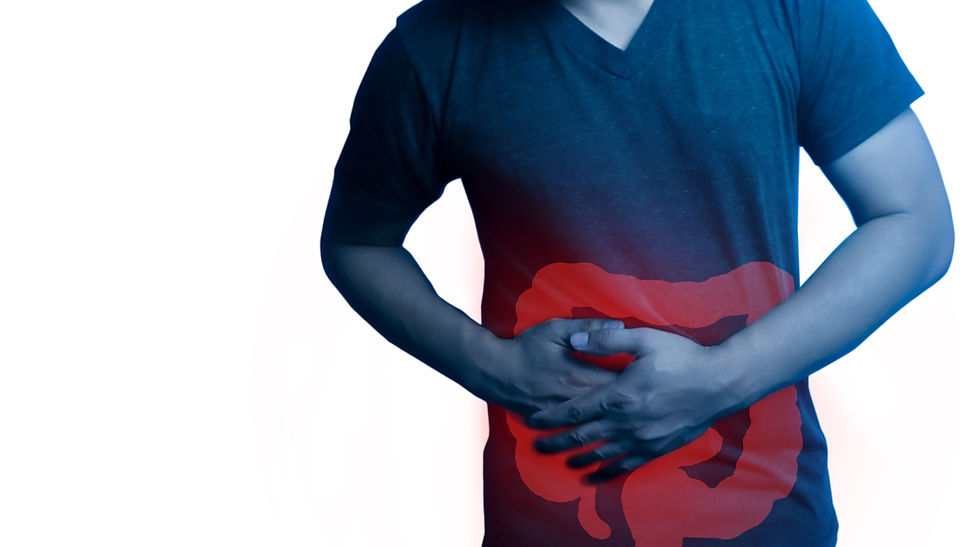The Importance Of Self-care In Post-traumatic Stress Disorder Recovery
- painmd9
- Oct 5, 2023
- 3 min read
PTSD is a debilitating mental health condition that can arise when an individual experiences or witnesses a traumatic event. The symptoms of PTSD can be intense and debilitating, affecting the individual's overall quality of life. Fortunately, several effective treatments are available for PTSD, including psychotherapy and medication. However, one of the most critical aspects of PTSD treatment is self-care.
Benefits of Self-Care in PTSD Recovery
Self-care is a vital component of PTSD recovery. It involves physically, mentally, and emotionally caring for oneself to promote overall well-being. While it may not be a standalone treatment, self-care can complement other PTSD treatments and enhance recovery. Here are some reasons why self-care is essential for those with PTSD:
Reducing Stress Levels
Individuals with PTSD often experience high-stress levels, which can further exacerbate their symptoms. Self-care activities such as exercise, deep breathing, or meditation can help reduce stress levels, promoting a sense of calmness and relaxation.
Promoting Better Sleep
Many individuals with PTSD struggle with sleep disturbances, such as nightmares and insomnia. Adequate sleep is essential for overall health and well-being, and lack of it can further aggravate PTSD symptoms. Engaging in self-care activities such as a relaxing bath or reading a book before bed can promote better sleep.
Reducing Feelings of Anxiety
Individuals with PTSD may experience intense feelings of anxiety or panic. Engaging in self-care activities such as mindfulness meditation or yoga can help reduce stress and promote a sense of calmness.

Encouraging Healthy Coping Mechanisms
Individuals with PTSD may use unhealthy coping mechanisms like substance abuse or self-harm to cope with their symptoms. Self-care activities can provide healthier alternatives to cope with stress and anxiety.
Enhancing Overall Well-Being
Engaging in self-care activities like pursuing hobbies, spending time with loved ones, or taking a break from work can improve overall well-being and bring a sense of fulfillment and purpose to life.
Best Treatment for PTSD
While self-care is essential to PTSD recovery, it is crucial to note that it may not be a standalone treatment. There are various effective treatments available for PTSD, including psychotherapy and medication. Here are some of the most effective treatments for PTSD:
Cognitive-Behavioral Therapy (CBT)
CBT is a form of psychotherapy that assists individuals with PTSD in recognizing and modifying negative thought patterns and behaviors. It can help individuals develop coping mechanisms to manage PTSD symptoms and reduce their impact on daily life.
Eye Movement Desensitization and Reprocessing (EMDR)
EMDR is a form of psychotherapy that involves guided eye movements while recalling traumatic events. This therapy can help individuals process and reduce the impact of traumatic memories, promoting recovery.
Medication
Antidepressants and anti-anxiety medications are commonly prescribed to individuals with PTSD to manage depression, anxiety, and sleep disturbances.
Exposure Therapy
Exposure therapy involves gradually exposing individuals with PTSD to triggers or situations that may cause anxiety or fear. This therapy can help individuals overcome their fears and reduce the impact of traumatic memories. While various effective treatments are available for PTSD, it is crucial to note that every individual's journey to recovery is unique. What works for one individual may not work for another, and finding the best treatment plan for each individual is essential. It may take some trial and error to find the best treatment for PTSD, but with the proper support, recovery is possible.
Conclusion
PTSD is a severe mental health condition that can significantly impact an individual's quality of life. Although self-care activities may not be a standalone treatment for PTSD, they can complement other treatments and support the individual's recovery journey. Incorporating self-care practices into daily life can help individuals with PTSD manage their symptoms, reduce the risk of relapse, and improve their quality of life. It is crucial to prioritize self-care and seek support from mental health professionals to manage PTSD symptoms and achieve long-term recovery effectively. The benefits of self-care activities in PTSD recovery cannot be overstated. Individuals with PTSD should consider incorporating self-care practices into their daily routines.


